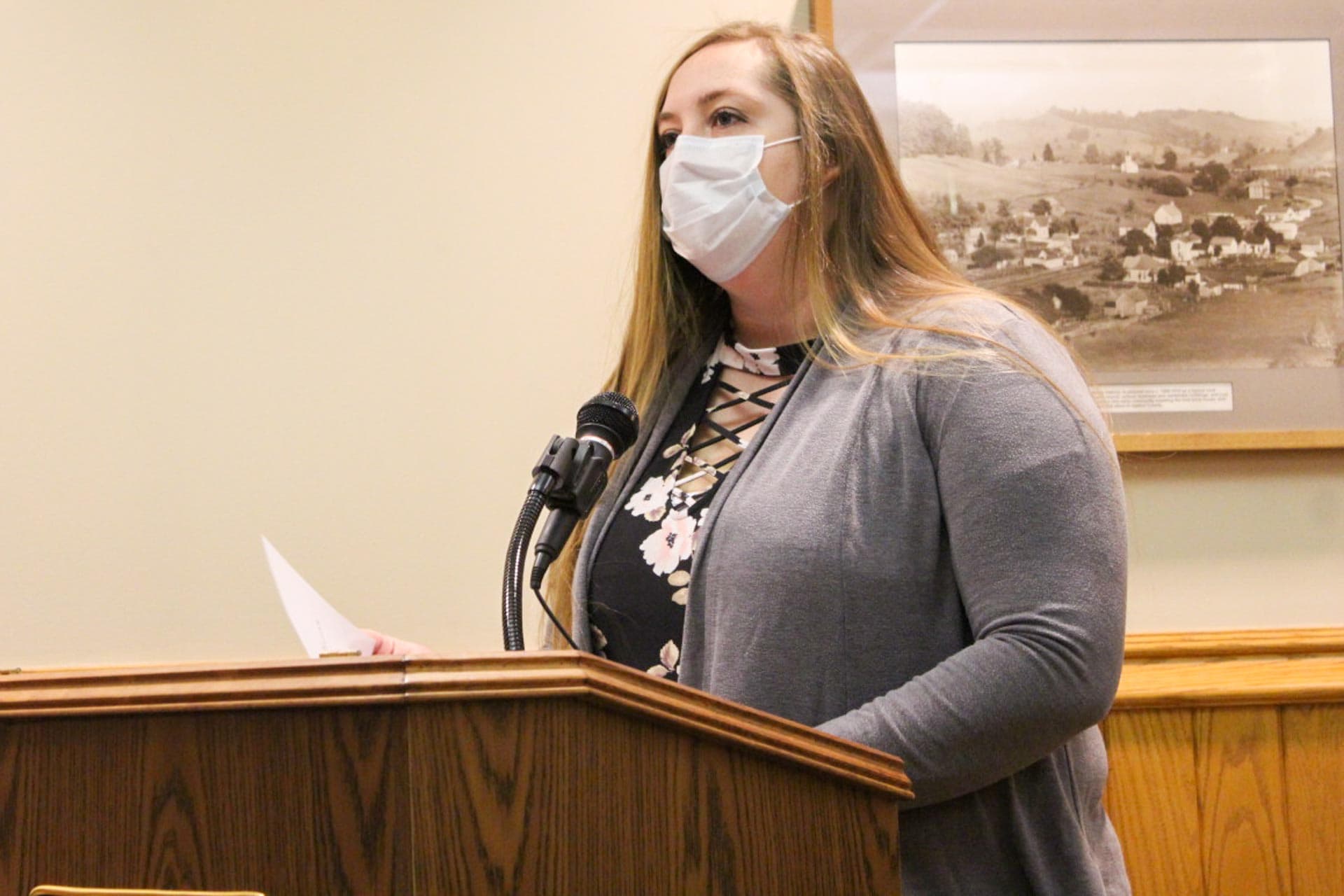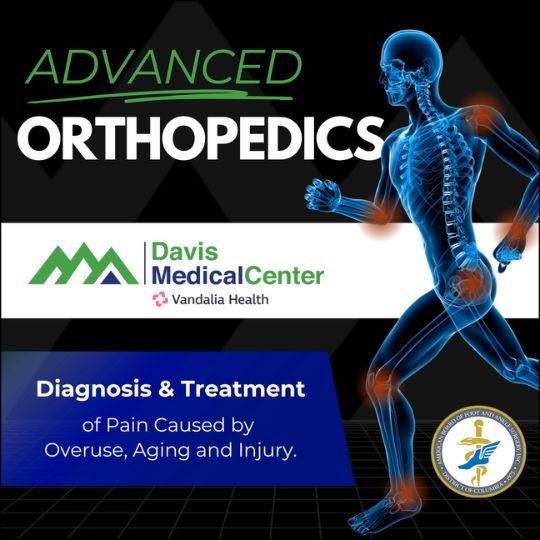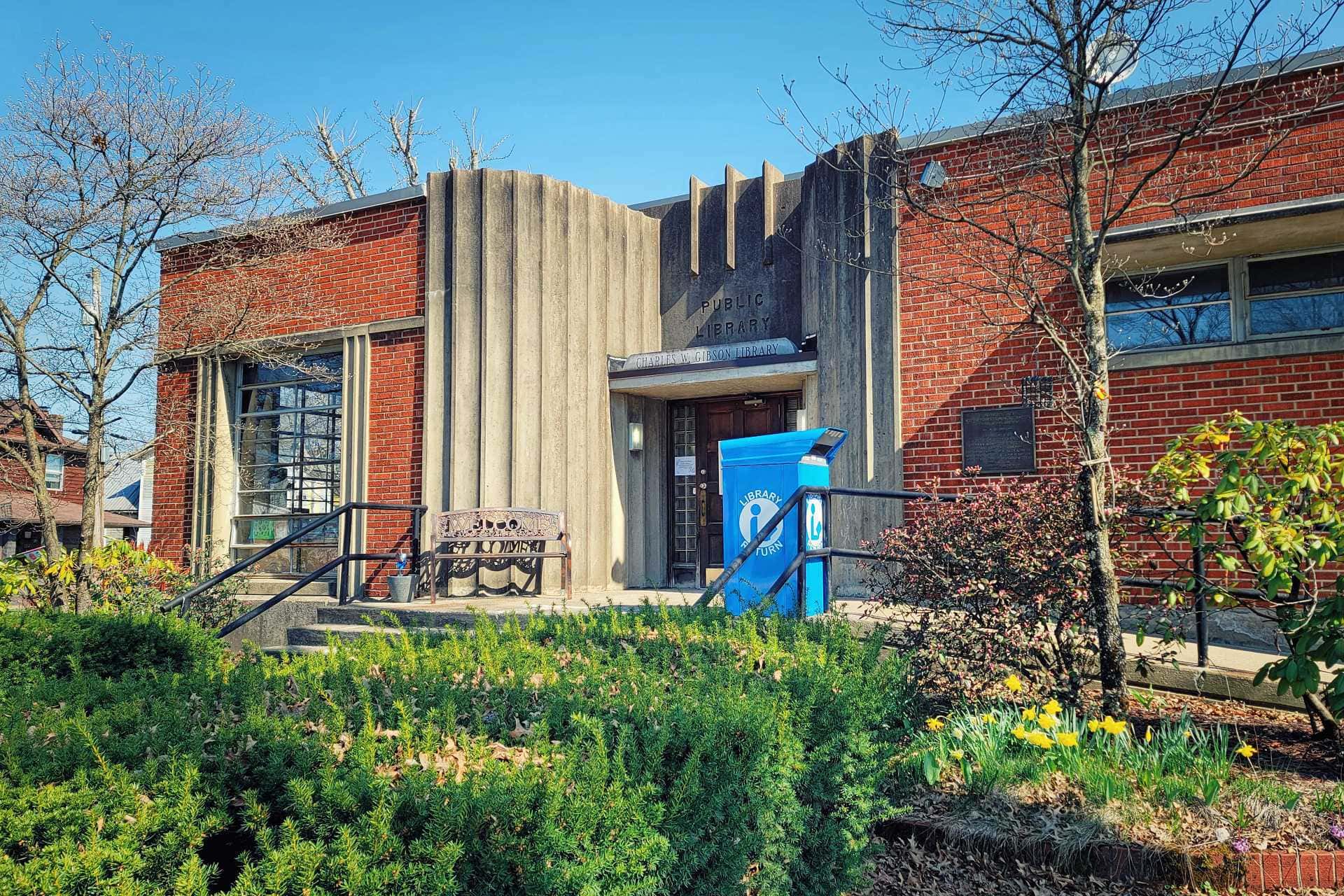BUCKHANNON – The Upshur County Community Corrections and Home Confinement programs saw fewer people being referred to them in 2020 due to COVID-19, but still managed to save the county approximately $1.5 million in regional jail fees.
Cheyenne Troxell, program director for Community Corrections, and Cpl. Rodney Rolenson, home confinement supervisor, attended Thursday’s Upshur County Commission meeting to give their annual report on both programs. Troxell said in 2020 community corrections saved Upshur County $1,001,091 in regional jail fees based on a six-month sentence.
“The Community Corrections program benefits the counties in many different ways. Some people still don’t know about our program which is odd, but we keep putting it out there to get our name out, so people know us,” Troxell said. “We reduce regional jail fees for the county, we reduce recidivism rates, complete community service projects and also provide services that help fight substance abuse scenarios. We hope that all the offenders become successful members of society once again.”
Community Corrections received 114 referrals from Upshur County – 42 from magistrates, three from probation, five from circuit court, one from parole and 63 from other sources like DHHR and Family Court.
“We cover both Upshur and Lewis [counties], and we’ve had a total of 238 referrals between both counties,” Troxell said. “It’s a huge savings for the two counties of $2,089,997 in those regional jail fees as, of course, we look forward to continuing working with everybody in both counties.”
For the year 2020, Community Corrections collected $627,133.56 in fees and reimbursements.
“From 2018 to 2020, we’ve substantially grown in our fees collecting,” Troxell said. “We raised our DHHR fee, and that has really helped us get some extra funding put into the program to help us expand.”
Community Corrections referral services from Upshur County came from former Magistrate Mike Coffman with 19, Judge Jacob Reger with four, Judge Kurt Hall with one, probation with three, parole with one, DHHR with 18, family court with eight, drug court with eight, other county transfers with 14 and 15 from the home confinement program.
“We really peaked in 2019 with 371 referrals and 238 in 2020, so I think COVID have a lot to do with that,” Troxell said. “With everything being different and shut down, I think that’s why we didn’t receive as many referrals.”
One hundred and nine people completed the program, 39 were revoked, 15 absconded, 62 are still in the program and 13 were transferred to another county, Troxell said.
“We’ve always had a greater success rate, especially the past two years,” Troxell said. “Our completion numbers go up. Of course, in 2019, it was higher because we had so many more referrals, but as the years go on, the standard is pretty much the same – more completions than not and that’s what we’re looking for, less recidivism.”
Rolenson said the home confinement program saved the county $515,889 in regional jail fees, based on an eight-month sentence.
“We do a lot of the bond supervision, especially with COVID and everything,” Rolenson said. “The majority of the magistrates and judges are placing them on either Personal Recognizance or home confinement, rather than placing them in jail, in a confined space where we know the COVID can really, really thrive.”

People under PR are essentially expected to sign their name, saying they will appear and understand that they will receive another charge if they don’t.
“A lot of it is done because of COVID outbreaks and people being confined with the prison overcrowding, they’d rather have them home than placing them there, especially nonviolent offenses,” Rolenson said. “With a PR bond, if you do not show up, it’s another charge in itself, so if you’re talking about a felony offense, it’s another felony charge for not showing up on a PR.”
The program collected $83,729.50 in home confinement fees and received 44 referrals in 2020; 23 people successfully completed home confinement terms; 13 people had violations; one absconded and 14 are still on home confinement.
“Just like Community Corrections, we collected more money this year than we had before and I don’t know if that’s because a lot of people collected the COVID money (CARES Act) this year, and maybe they were able to pay more this year than they were in the past, but we did have less people but collected more money,” Rolenson said.
The home confinement program received seven referrals from former Magistrate Kay Hurst, 14 from former Magistrate Mike Coffman, nine from Judge Jacob Reger, five from Judge Kurt Hall, eight from drug court and one transfer. The program had 68 referrals in 2018, 93 in 2019 and 44 in 2020.


















